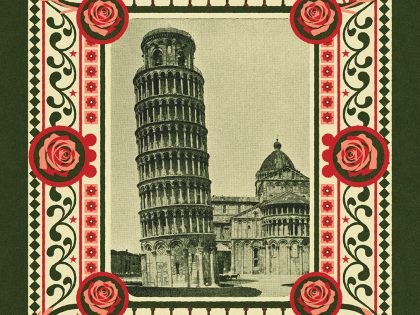
When the Leaning Tower Leaned Left
In the 1970s, the Italian Communist Party was again on the rise in Tuscany. Then it all toppled over.
Page 1 of 13Next
David Broder is Jacobin’s Europe editor and a historian of French and Italian communism.

In the 1970s, the Italian Communist Party was again on the rise in Tuscany. Then it all toppled over.
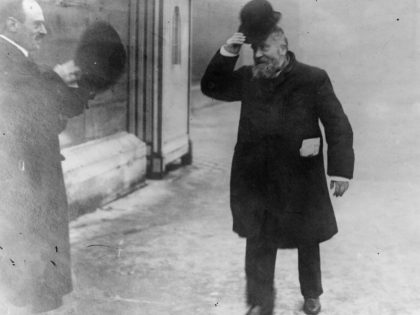
One of France’s leading socialists, Jean Jaurès was assassinated just days before the outbreak of World War I. An impassioned defender of working-class internationalism, his murder signaled Europe’s descent into war.
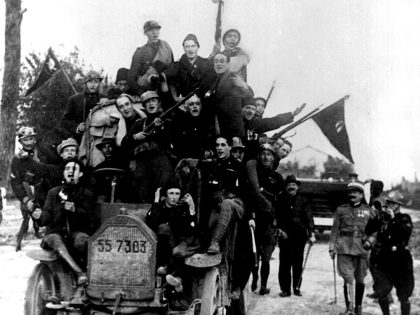
Italian Fascists honed their ideology in Venezia Giulia, fusing anti-Slavic racism with anti-communist repression.
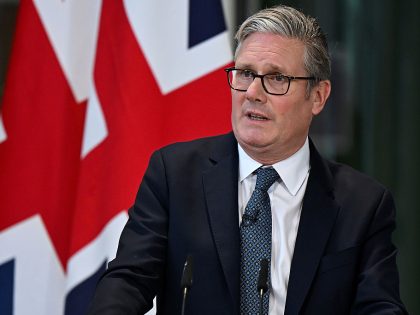
Keir Starmer’s British government has formally recognized a state of Palestine. But he still needs to take some basic steps to start treating Palestinians as human beings.
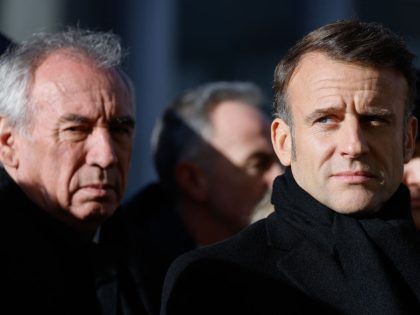
France’s neoliberal government is expected to lose a confidence vote on Monday. For its opponents, the aim isn’t just to topple the current cabinet but to kill off President Emmanuel Macron’s whole austerity agenda.

This summer, European states hiked military spending and swallowed a poor trade deal in order to win favor with Donald Trump. Yet the US president’s negotiations with Vladimir Putin all but ignored their proposals.

The new party announced by Jeremy Corbyn and Zarah Sultana shows that Gaza has become a key fault line in British politics. Keir Starmer’s Labour Party can no longer rely on silencing the Left.

French right-wingers don’t yet have a leader like Donald Trump. Yet the creation of Fox News–like TV channels, harsh culture wars, and the decline of class politics are pushing France along a path troublingly similar to the United States.

The activists aboard the Madleen aid ship couldn’t break the siege of Gaza. But Greta Thunberg and her colleagues have powerfully drawn attention to Israel’s blockade — and the West’s refusal to do anything about it.

Spain’s deputy premier Yolanda Díaz has enacted landmark reforms to strengthen workers’ rights. In an interview, she tells Jacobin that “there’s no more powerful force than the workers of the world.”

Marine Le Pen has been banned from running for office for five years. The sentence applies the law as written, but it turns her embezzlement conviction into a propaganda coup for her party.

A new conservative environmentalism that blends anti-modernism with nationalism and austerity is spreading across Europe.

On Sunday, Germany voted in a federal election that saw massive growth in support for the far-right AfD, resurgence of the socialist Die Linke party, and more losses of working-class votes for the Social Democrats. These ten graphs explain what happened.

At his life’s end, Jean-Marie Le Pen had been expelled from the party that he helped found. Yet this Holocaust denier and former torturer left behind an important legacy: making the far right into a major force in French political life.

Giorgia Meloni’s far-right government is riding roughshod over basic democratic standards. This isn’t just because of her party’s fascist roots; it’s the end point of a long-term process that has placed the key economic decisions beyond popular control.

In October, Die Linke elected new leadership, which promises to reconnect with working-class voters. With German elections planned for early 2025, they face a race against time to change the party’s culture.

The no-confidence vote in Michel Barnier’s government highlights the failure of Emmanuel Macron’s neoliberal project. Far from reviving the liberal center, the president has pitched France into a historic political crisis.

Ireland’s election saw little enthusiasm for the ruling parties — but also a weakened score for opposition force Sinn Féin. Its message on housing hardened its youth support, but it was unable to build out its base across Irish society.

Ukraine’s military position is worsening, and there are signs of fatigue on the home front. A tit-for-tat escalation between Washington and Moscow would be disastrous for Ukrainians and for us all.

Ines Schwerdtner is the newly elected cochair of German left-wing party Die Linke. In an interview with Jacobin, she explains how she wants to reconnect the party with a working-class base.